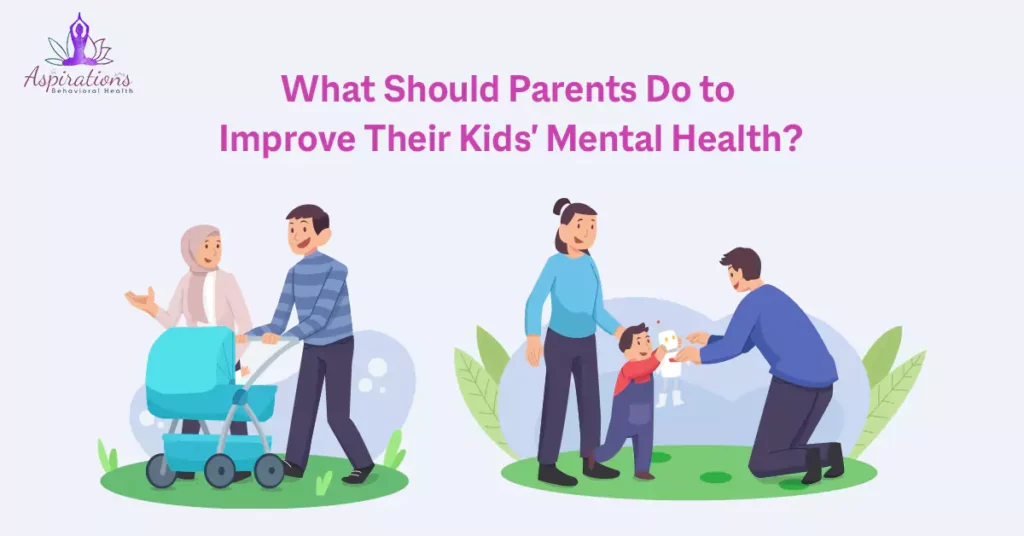Mental health is a very crucial part of our lives and well-being. After the rise of COVID-19 in the US, many people realized there wasn’t enough emphasis on mental health. The pandemic made us realize the importance of keeping up with others around us and keeping a check and balance on those who we feel might be going through hard times.
One of the important things parents turn a blind eye to is their children’s mental health. Mental health is taking on life’s challenges and being mentally firm while staying positive. Various factors affect kids’ mental health, affecting their grades, social life, growth, and relationships with their loved ones.
As mental health tends to make children at a young age lose their appetite, they may also find a dip in their physical health. Parents must diagnose that their child is struggling with their mental health so that they can work on improving it.
Many a time, parents overlook their children’s mental health, and that leaves the children scarred for most of their lives. Children with better minds can focus on daily life tasks, perform better at school, develop better problem-solving skills, and have a better social life.
1) Mental Health Habits Parents Can Incorporate

If you notice that your child is struggling with their daily life tasks, grades, or social energy, there is a high chance that they are struggling with their mental health.
These issues can be fixed, given that enough attention is paid at the right stage. There are several habits that parents can incorporate into their daily lives to help improve their children’s mental health.
Here are the necessary steps you should take to ensure that your child has a clear mental state:
1. Establish Clear Boundaries

Establishing a clear boundary is very important for your child’s emotional development. Every family is different and has distinct values and principles. You need to make sure what’s right for you and your child so that you can set a boundary.
Clear boundaries are essential for children to understand what is expected of them and to help them learn to make good decisions. You should set rules, limits, and routines for your child in an unambiguous manner.
You should ensure that your child is consistent with the set of rules you have defined for them, and you should be consistent in ensuring the rules are followed. It would help if you were firm with your rules, but there are better ideas than being too cold in front of the child.
Lastly, the most important thing you should emphasize is appreciating your child’s efforts to encourage them to remain within the set boundaries.
Nurture Healthy Habits
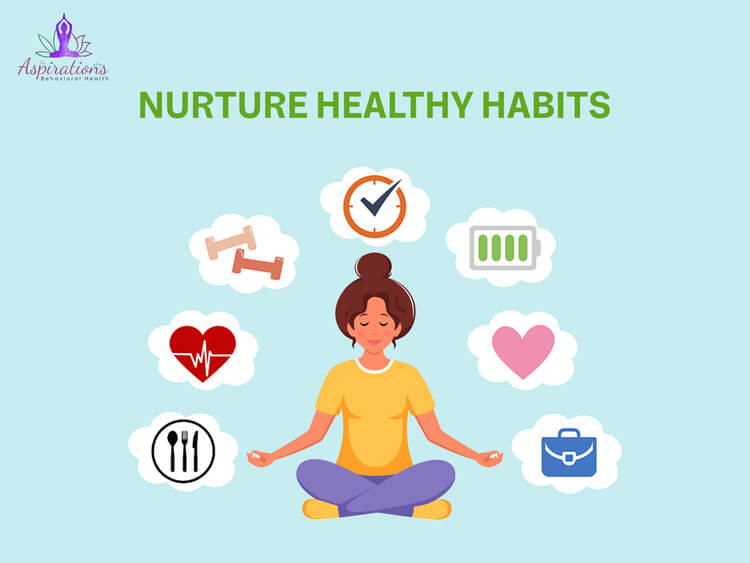
It would help if you encouraged your kids to nurture healthy habits, which include physical activity, healthy mental activities, balanced nutrition and diet, good quality sleep, and adequate social activities. You should ensure your children consume more natural food to uplift their growth.
Physical activity should be promoted so that the children stay fit and do not become lazy, and you should reward them for their consistency.
You can enhance their social skills by ensuring the family dinners cover a healthy variety of discussion topics and show your children that you care about what goes on in their daily lives. It would help if you encouraged them to perform small, consistent beneficial tasks like brushing their teeth twice daily or doing house chores.
Build Resilience
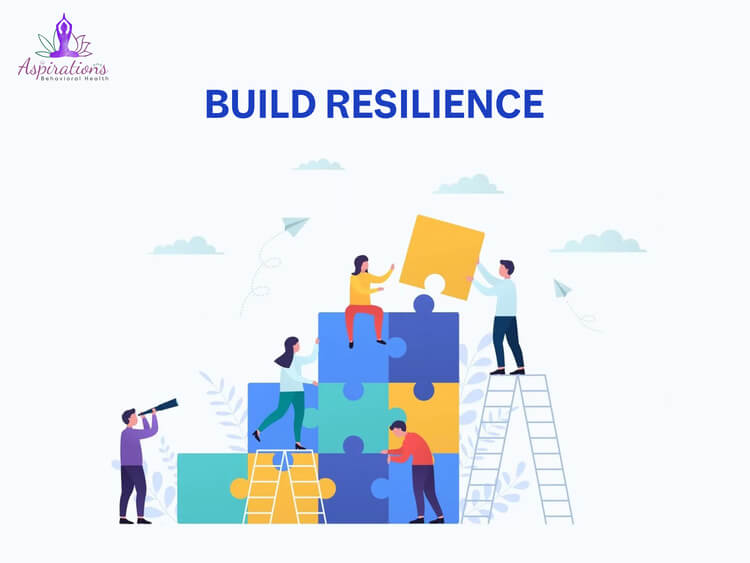
One of the most important things many parents need to put more effort into is building resilience among their children. Pampering your children is fine, but overdoing so will make them too dependent on you later in their teenage lives. There are some events in teenage life when children require independent decision-making skills, and if they’ve been too dependent or pampered throughout their lives, they’ll find it difficult to make decisions when they are on their own.
Resiliency is the ability to bounce back from adversity and cope with difficult situations. Parents can help build resilience in their children by teaching them problem-solving skills and helping them develop a positive outlook.
Encourage Emotional Expression and Regulation
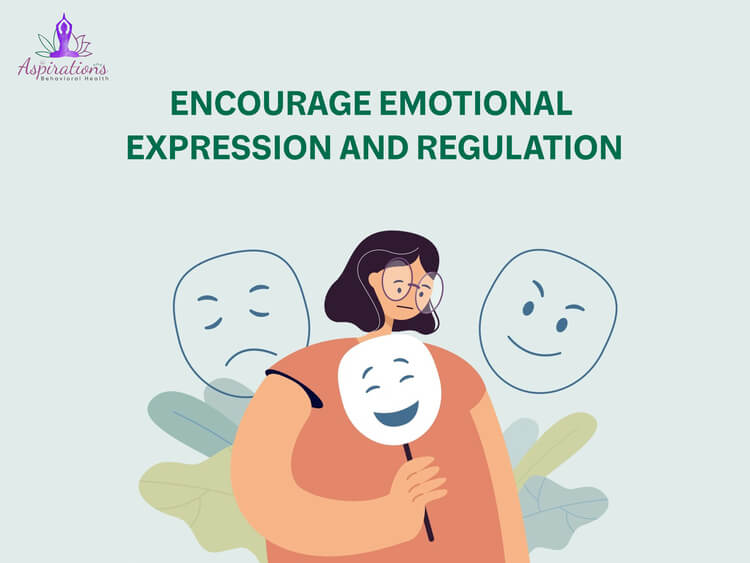
As per research, social isolation or loneliness at a young age leads to health issues later in life, including depression, anxiety, and a decline in cognitive abilities. Children tend to be isolated when they feel like their parents haven’t understood them enough or when they feel like sharing something with their parents can backfire.
This happens when parents act strict with their children or do not respond to their children in the way they expect. Encouraging children to express their emotions healthily and teaching them how to regulate them can help them manage their feelings.
Support Healthy Relationships
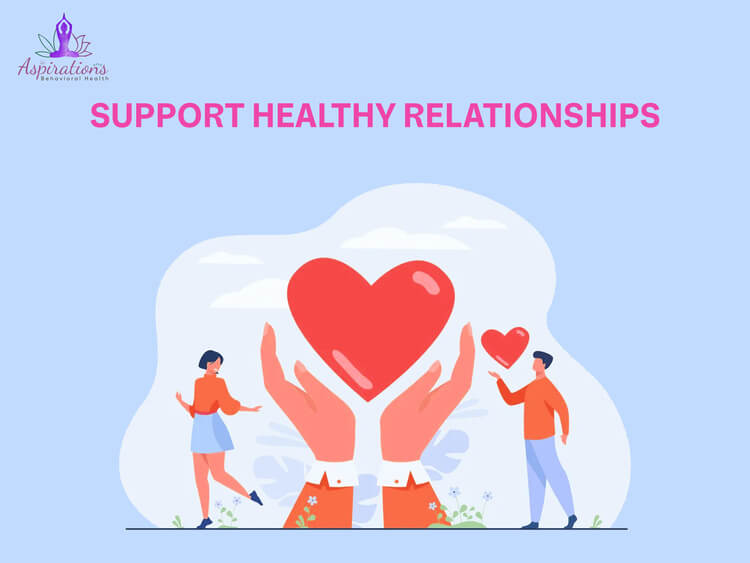
It would help if you inspired your children to build and support healthy relationships with peers, family members, and friends. Healthy relationships at a young age can benefit your children and help them develop resilience, communication skills, confidence, and friendships. You can ensure their mental well-being by teaching your children to build healthy social relationships.
Supporting healthy relationships with peers, family members, and adults can help children develop strong social skills and build a sense of community.
Advocate for Inclusivity

Teaching your children acceptance at a very young age is very important. It would help if you taught them about differences in values or opinions that other people have. It would help if you also emphasized to your children that they learn to accept other people’s cultures, beliefs, or values.
Helping your children develop empathy for others is crucial at their developmental stage. Advocating for inclusivity and teaching children to respect and accept others can help them build empathy and understanding.
Provide Adequate Sleep
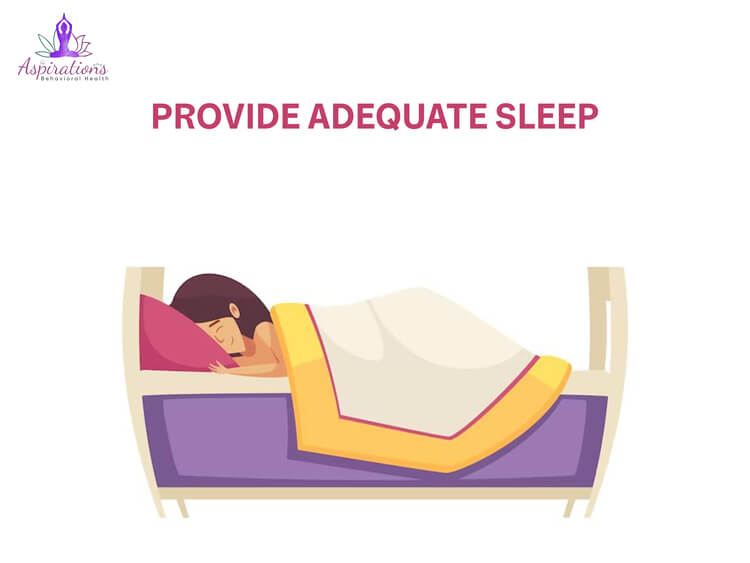
Providing adequate sleep is very important for their mental health at the early stages of growth. You should ensure your kids get at least 10 hours of sleep. You should ensure their sleep quality and the number of hours they sleep is high. Children who sleep for 10 hours have a better attention span, physical and mental health, cognitive behavior, learning, and memory.
Encourage Physical Activity
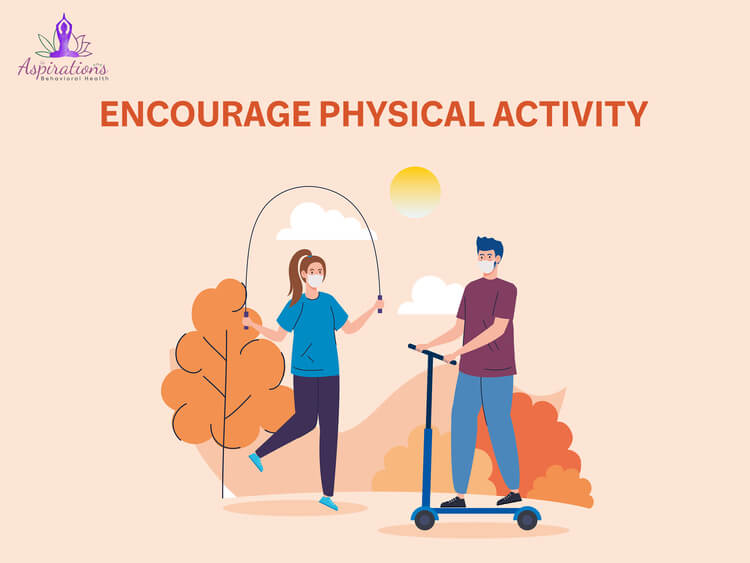
Laziness is a factor that affects children’s mental health in a very negative manner. You should encourage outdoor physical activity in your child’s daily routine. It is very important not to let your kids be hooked to mobile phones for a very long time; instead, you should force them to have physical activity and get fresh air.
Physical activity can help children stay healthy and improve their mental well-being. Parents should encourage their children to be active and participate in physical activities.
Monitor Screen Time
Higher screen time among children leads to obesity, lack of quality sleep, behavioral problems, and depression. The deceptive life on social media often makes children feel depressed, left alone, or lonely when they compare their lives with illusory influencers on the internet.
Social media/internet also causes children to be influenced by negative content, and you must watch what content your children consume.
Higher screen time leads to autism in children, as per research. Monitoring children’s screen time can help them avoid overexposure to technology and maintain a healthy balance between online and offline activities.
Talk to Your Kids
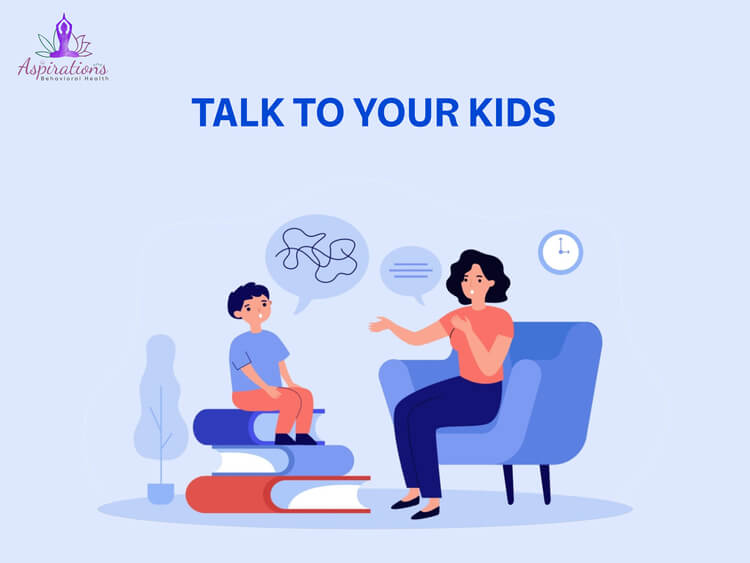
Socializing in a kind manner with your kids every day, no matter how hard your schedule or how frustrating your day was, is crucial to your child’s good mental health. Your child will gain a wide range of vocabulary, discover new concepts, become more confident, and foster empathy for others.
Talking to your children about their feelings and experiences can help them feel supported and understood. You should talk to your kids, know about their difficulties throughout the day, and reassure them that you are with them, no matter what.
Take Care of Yourself
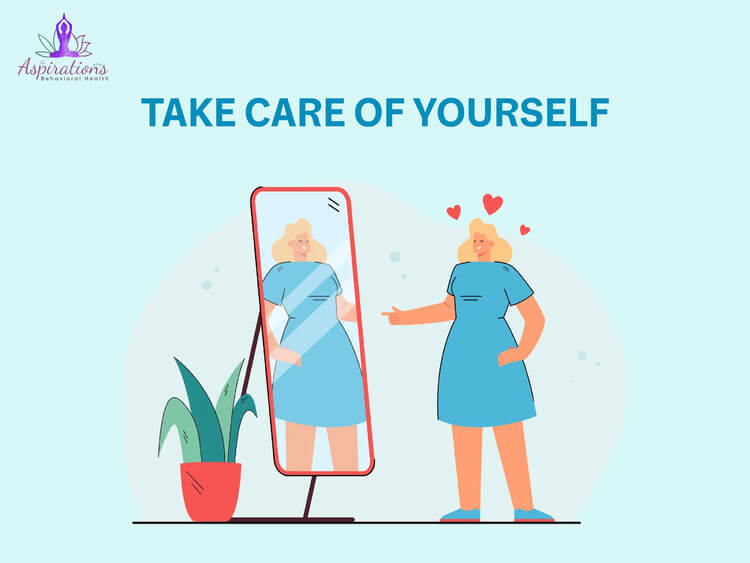
It’s understandable how things can get frustrating in day-to-day life for a parent. Perhaps, you have complications in terms of finance, or maybe there is a difficulty with your boss or a client; it is normal to be frustrated or depressed. If you have a toddler, you may be sacrificing your sleep too.
Taking care of your mental health is essential for your children’s mental health, as both factors are directly proportional. Parents should make time for self-care and seek help when needed, but never compromise on anything that influences their children’s mental health.
2) Mental Health Resources for Parents
Socializing with your kids won’t be easy if you struggle to find the right mental state. Parents’ behavior among their children is known to impact the growth and mental health of the child the most in their developing years. Therefore, you must find resources to get your mental state in the green zone so it does not negatively affect your child.
There are several ways available to parents to help them support their children’s mental health, listed below:
Professional Mental Health Services
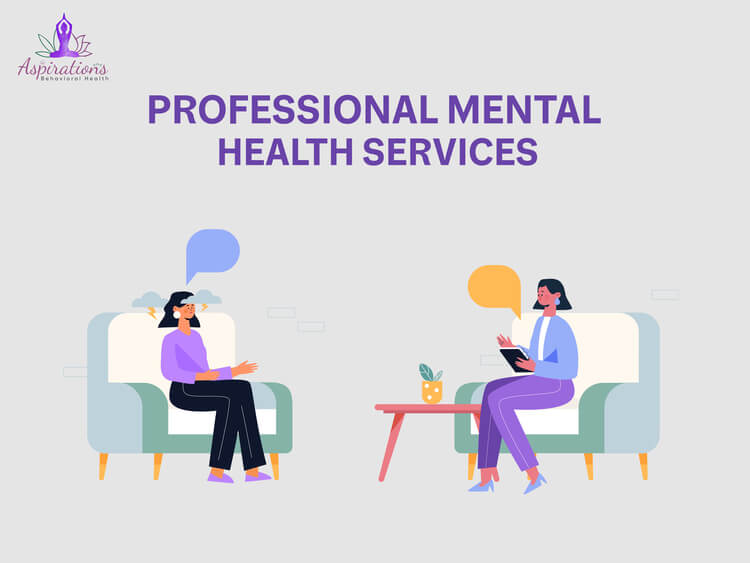
People often find it embarrassing to discuss visiting a psychologist or psychiatrist. Many make their condition worse by ignoring and prolonging it. When your kids are concerned, you should not compromise your mental well-being. You must find the right medical professional that examines your issues and helps your relationship with your child.
Parents can seek help from mental health professionals, such as psychiatrists, psychologists, and social workers.
Online Resources

Luckily, with the era of digitalization, it has become possible to get virtual help. Many online resources, such as websites, blogs, and forums, are available to parents to help them learn more about mental health and find support.
Online resources have advantages; you can get help in your personal space, at your preferred comfort level, and at your place.
Support Groups
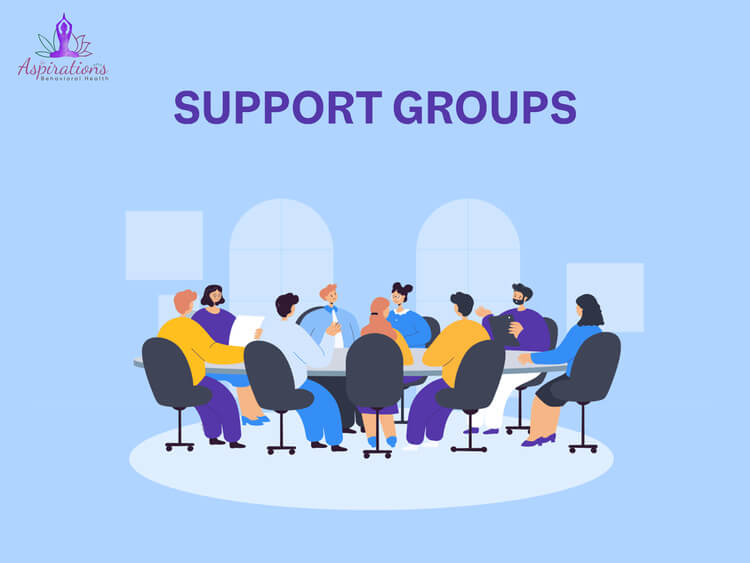
You can socialize with other parents through online and physical support groups. Support groups can provide parents a safe space to connect with other parents and share their experiences. Sometimes, people tend to be thankful for their conditions after they listen to the stories of others.
You can find an online group where you can share and listen to others’ problems and participate in group activities to help fill the gap of emotional support.
Conclusion
Mental health is a very important part of your well-being. The parent is responsible for looking after their children’s mental state to secure their future in their developmental stage. Parents must incorporate the habits mentioned above so that there is no compromise in their child’s well-being and mental state.
There are habits, including establishing clear boundaries, nurturing healthy habits, building resiliency, encouraging emotional expression and regulation, supporting healthy relationships, advocating for inclusivity, providing adequate sleep, encouraging physical activity, monitoring screen time, talking to their kids, and taking care of themselves, which are needed to be adopted by the parents, to get the mental health of their kids right.
Several resources are also available to parents, such as professional mental health services, online resources, and support groups. By taking these steps, parents can help ensure their children have the best possible mental health.


